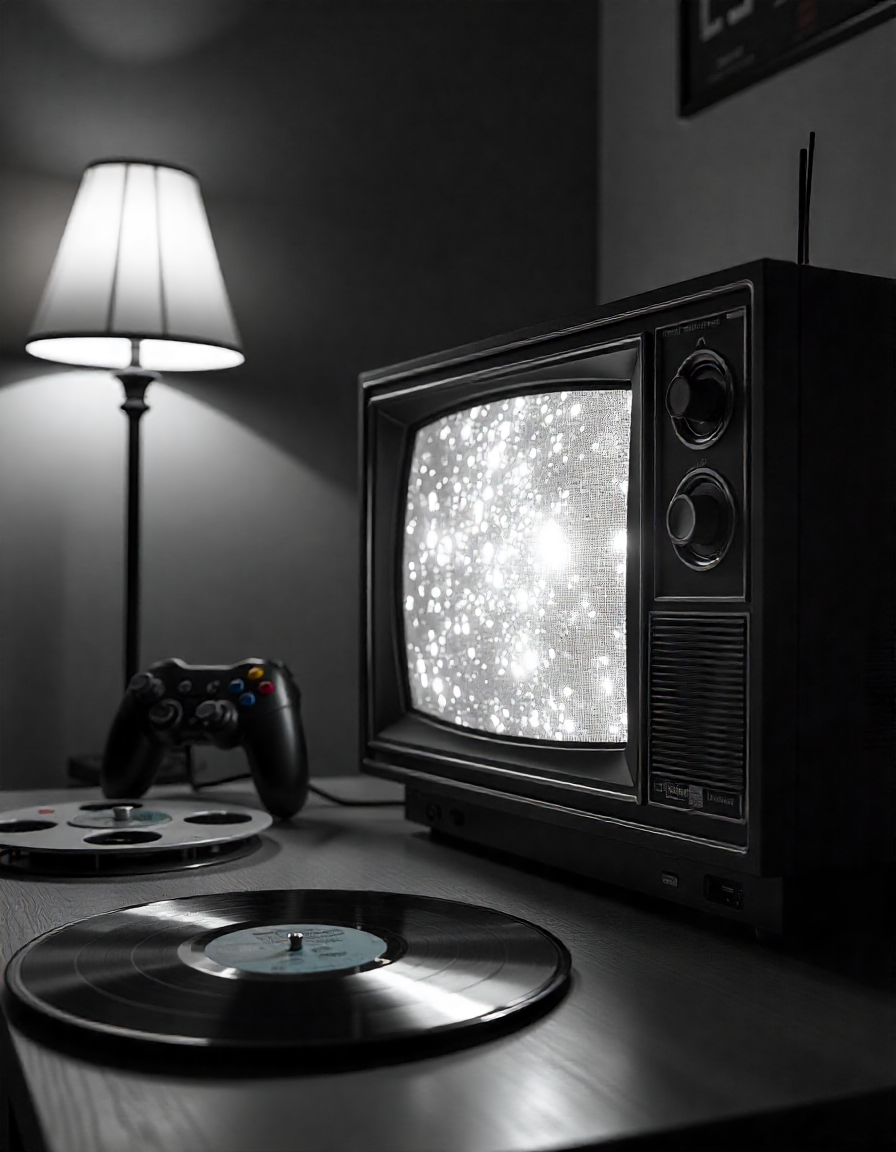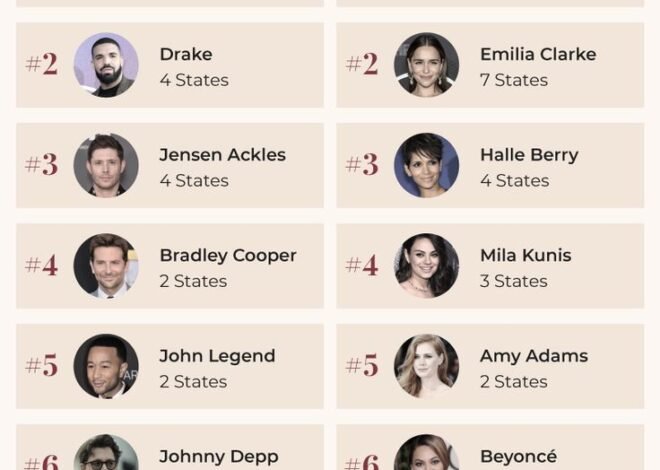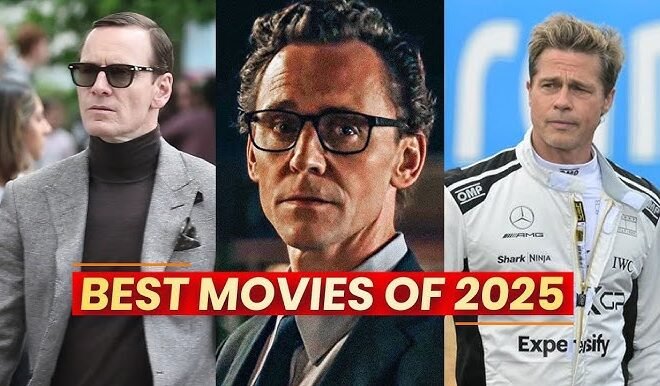
The Evolution of Entertainment: From Traditional to Digital
Entertainment has always been an essential part of human culture, offering a means of relaxation, escape, and connection. Over centuries, it has evolved from simple, live performances to highly complex, digitally immersive experiences. Today, entertainment spans various forms, including television, cinema, music, video games, and online content, reaching audiences worldwide in unprecedented ways. This article takes a journey through the history of entertainment, highlighting its transformation, the rise of digital platforms, and how it continues to shape society.
The Birth of Entertainment: From Ancient Performances to Live Shows
Entertainment dates back thousands of years to the ancient civilizations, where people sought amusement through music, dance, and theater. In ancient Greece, for example, theatrical performances were an essential part of religious festivals, and they played a significant role in shaping the foundations of modern theater. In other cultures, music and dance served as primary forms of expression, helping to tell stories, celebrate important events, or even teach lessons.
During the Middle Ages, live entertainment continued to evolve with the rise of minstrels, troubadours, and performers who traveled from town to town, offering stories, songs, and plays to entertain the masses. The idea of public performances in front of an audience became increasingly popular, and it laid the foundation for modern-day theater and live shows.
The 19th century saw the development of major entertainment hubs such as the Broadway theater scene in New York City and the West End in London. These stages would go on to feature some of the most iconic plays and musicals, becoming symbolic of the peak of live performance art.
The Impact of Cinema: The Golden Age of Film
In the early 20th century, entertainment entered a new era with the invention of cinema. The Lumière brothers’ first public screening of a film in 1895 marked the beginning of the film industry, which quickly became a global phenomenon. By the 1920s and 1930s, Hollywood emerged as the epicenter of the film industry, producing iconic films that would shape modern entertainment.
The “Golden Age of Hollywood” produced legendary actors like Humphrey Bogart, Marilyn Monroe, and Katharine Hepburn, and filmmakers like Alfred Hitchcock, Orson Welles, and Frank Capra, who created some of the most memorable films in cinematic history. During this time, films became a primary form of mass entertainment, drawing people into theaters for the experience of larger-than-life stories, star power, and groundbreaking special effects.
While the golden age of cinema has passed, the film industry remains an essential part of global entertainment. Today, filmmakers continue to push boundaries with advanced technology, such as CGI (computer-generated imagery) and virtual reality, creating visually stunning and immersive experiences for audiences worldwide.
Television: A New Era of Home Entertainment
While cinema revolutionized entertainment for the masses, it was television that truly brought entertainment into the homes of people around the world. The first television broadcasts in the late 1940s and early 1950s brought a new level of accessibility to entertainment. Families gathered around their TVs to watch everything from news programs to sitcoms and variety shows, marking a significant shift in how people consumed entertainment.
By the 1970s and 1980s, television had become a cultural phenomenon, and with the introduction of color TVs and cable television, people gained access to a wider range of programming. Shows like “The Twilight Zone,” “Friends,” “The Simpsons,” and “The Sopranos” became iconic, influencing both pop culture and society at large.
In recent years, the rise of streaming platforms like Netflix, Hulu, and Disney+ has redefined how television is consumed. No longer limited to scheduled programming or cable subscriptions, viewers can now access thousands of movies and shows at their convenience, leading to the rise of binge-watching culture and an explosion of original content.
Music: The Soundtrack of Our Lives
Music has always been an integral part of entertainment, offering both a form of expression and a means of connection. From the early days of folk music, classical compositions, and jazz to the explosion of pop, rock, hip-hop, and electronic music, music has transcended generations, cultures, and borders.
The 20th century saw significant changes in the music industry with the introduction of recorded music, the phonograph, and the radio. This allowed music to be more widely distributed and enjoyed by millions. The rise of artists like The Beatles, Michael Jackson, and Madonna not only changed the music landscape but also became symbols of larger social movements and cultural shifts.
With the advent of digital technology, the way we consume music has also changed. Services like Spotify, Apple Music, and YouTube have transformed how we access and discover new music, while the rise of streaming has given artists a direct line to their fans, bypassing traditional record labels. The shift to digital has made music more accessible than ever before, but it has also sparked debates about the economics of music and how artists are compensated.
Video Games: Interactive Entertainment for the Modern Era
Video games have evolved from a niche pastime to one of the largest entertainment industries in the world. The first video game, “Tennis for Two,” appeared in 1958, and it was followed by the release of arcade games like “Pong” in the early 1970s. However, it wasn’t until the release of home consoles like the Atari 2600 and the Nintendo Entertainment System in the 1980s that video games gained widespread popularity.
In the following decades, the gaming industry experienced rapid growth, with more advanced graphics, immersive storytelling, and multiplayer experiences becoming the norm. The 2000s saw the rise of franchises like “Halo,” “Grand Theft Auto,” and “The Legend of Zelda,” which introduced deeper gameplay and more intricate narratives.
Today, video games are not just for children or teenagers but have become a mainstream form of entertainment for people of all ages. With the rise of mobile gaming, virtual reality (VR), and cloud gaming, the gaming experience continues to evolve, offering more immersive and interactive experiences than ever before. Esports has also emerged as a massive industry, with professional gamers competing for millions of dollars in prize money.
The Digital Revolution: Streaming and the Future of Entertainment
The digital revolution has had a profound impact on how we consume entertainment. Traditional forms of media, such as cable television and movie theaters, have faced challenges as streaming platforms and online content have gained momentum. Streaming services like Netflix, Amazon Prime Video, and YouTube have changed the way we watch movies, shows, and videos, allowing us to access a vast library of content with just a few clicks.
With the advent of on-demand services, viewers can choose what to watch, when to watch it, and on which device, whether it’s a smartphone, tablet, or smart TV. This shift has led to the rise of personalized content, where algorithms recommend shows and movies based on individual preferences. As technology continues to advance, the entertainment industry will likely see further innovations, including the integration of artificial intelligence (AI), virtual reality, and augmented reality, offering even more immersive and engaging experiences.
The Future of Entertainment: Infinite Possibilities
As we look ahead, it’s clear that entertainment will continue to evolve in ways we can’t fully predict. From interactive experiences like VR to new forms of storytelling, the potential for innovation is vast. The future of entertainment will be shaped by technology, creativity, and an ever-changing global culture. As new platforms emerge, it’s important to recognize that the heart of entertainment will always be its ability to connect people, spark imagination, and offer moments of joy.
In conclusion, entertainment has come a long way from its humble beginnings. Whether through film, television, music, or gaming, it has the power to shape culture, influence social movements, and provide both entertainment and meaning. As we embrace the future, the possibilities for entertainment are endless, and the ways in which we connect with stories and experiences will only continue to expand.



